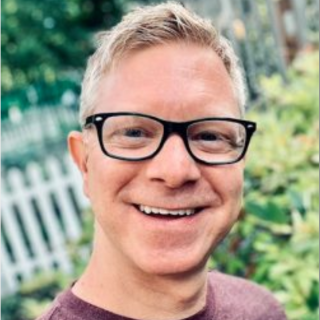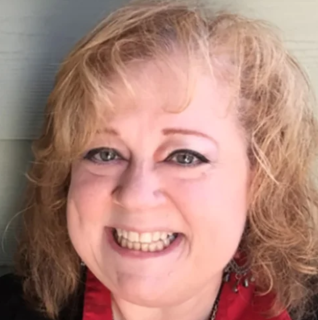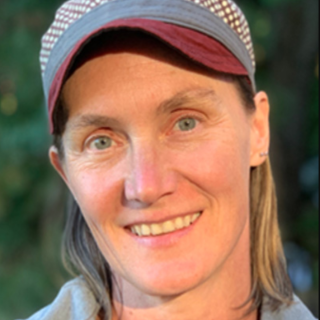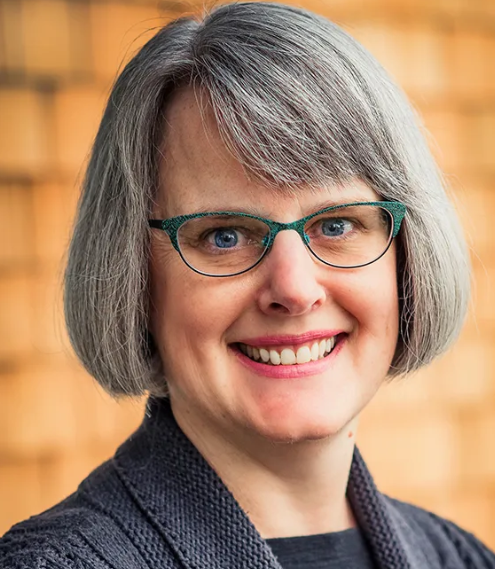Mental and behavioral health
Get in touch
- Elia Unverzagt, Program Coordinator
- phone 971-722-6269
- envelope Email [opens in new window]
In collaboration with PCC’s Family and Human Services program, PDT is proud to offer a micro-credentialing series in Behavioral Health First Aid. Gain tools to support mental health, deepen trauma-informed care, and elevate your understanding of behavioral health. This series includes four stand-alone courses that together bring an advanced set of skills in mental health and suicide first aid for both youth and adults.
Courses
The following courses are available as part of the Behavioral Health First Aid micro-credentialing series or as stand-alone courses.
Mental Health First Aid: Adults
Mental Health First Aid: Higher Education
Mental Health First Aid: Youth
ASIST: Applied Suicide Intervention Skills Training
Behavioral Health First Aid Micro-Credential
- Complete three out of the four Behavioral Health First Aid courses listed above to qualify for a Micro-Credential Certificate of Completion.
- Micro-credential certificate request: When you have completed three of the four courses, if you’d like a certificate, please fill out the Behavioral Health First Aid micro-credential certificate request.
Current term schedule
Meet the instructors

Andrew S. Garland-Forshee, PhD, HS-BCP
Dr. Andrew has over 25 years of experience in the fields of education, family services, and social and human services. These experiences range from at-risk youth programs, early education environments, parenting education, and early childhood laboratory settings. He currently serves as Department Chair of the Family and Human Services program.

Sally Guyer, MSW, HS-BCP
Sally has 30 years of experience working with children, youth, and families in a variety of settings. Sally is also the Clinical Director for an Adoption Agency and provides training and consulting throughout the Pacific Northwest. Sally has spent her professional life dedicated to helping families and children, especially children with trauma backgrounds. Sally has recently been named as one of the top MHFA instructors in Oregon.
Martha Ochoa-Leyva, MA, LPC
Martha was born in Mexico and immigrated to Oregon as a child with her family. She is an ascendant of the Nayhult people, and this is how she centers her work, using her ancestor’s wisdom to guide healing, knowledge, and community justice. Martha holds a Master’s in Clinical Mental Health Counseling from George Fox University and a Bachelor’s in Psychology with a minor in Legal Studies from Western Oregon University. She has worked in multiple support areas, ranging from tenant-landlord rights to teen/young parent home visiting, Head Start, LGBTQAI+ affirming care, school-based mental health, and K-12 professional development, and is a part-time faculty at PCC in the Family and Human Services Program.

Jill Tuleya MA, E-RYT, C-IAYT
Jill has been with PCC since 2012 and teaches Adult, Youth, and Higher Education Mental Health First Aid courses for Human and Family Services (HUS) and Community Education. Jill is also the MHFA Coordinator for HUS.

Sik Yin Chan, EdD, MSW, LCSW, CFSW
With over 25 years as a social work administrator and practitioner, 17 years of teaching experience, and a strong research and evaluation background; integrating theories and research into practices has always been Dr Chan’s passion. Currently, he is an adjunct instructor in the Family and Human Services program and a therapist with Real Life Counseling. Dr. Chan has experience working with adults of all ages and their families and is a bi-lingual and bi-cultural Licensed Clinical Social Worker.
Dr. Chan has a Doctor of Education from Concordia University. He received a Master of Social Work from Portland State University, a Graduate Certificate in Gerontology, and a BA degree in Social Work from Concordia. He obtained a license to practice clinical social work in both Oregon and Washington states, and he is also a certified financial social worker.
 Shauna Signorini, BS
Shauna Signorini, BS
Shauna is a seasoned professional speaker on mental health, trauma, and wellness. With 15 years of experience as a Family Peer Support Specialist, she brings practical knowledge and expertise to her work. Shauna teaches Mental Health First Aid for Adults and Youth. She enjoys sharing the hope of recovery. She loves being in the water and playing with her two Ragdoll cats.
Student testimonial
“Many faculty and staff have asked me how they are supposed to handle the increasing instances of mental health crises among our student population, and managers have similar concerns about having basic skills to be able to assist faculty and staff in crisis. I found completion of the microcredential at PCC that included Mental Health First Aid Youth and Adult and Applied Suicide Intervention Skills Training classes to be very useful in gaining baseline skills to be able to talk with those facing mental health problems, and potentially serving as connection points to appropriate professionals. I would encourage any managers, faculty, staff, and students at PCC to complete this credential. If being trained in mental health first aid was as common as being trained in physical first aid, we would help reduce the stigma of discussing mental health issues and seeking assistance!” Joyce Kaplan, Former Program Dean/Health & Emergency Professions
Research resources
Next steps
Customized training
Our responsive team employs a collaborative approach to develop training to meet your organization’s goals and respects its unique culture. Learn about our customized training solutions.


